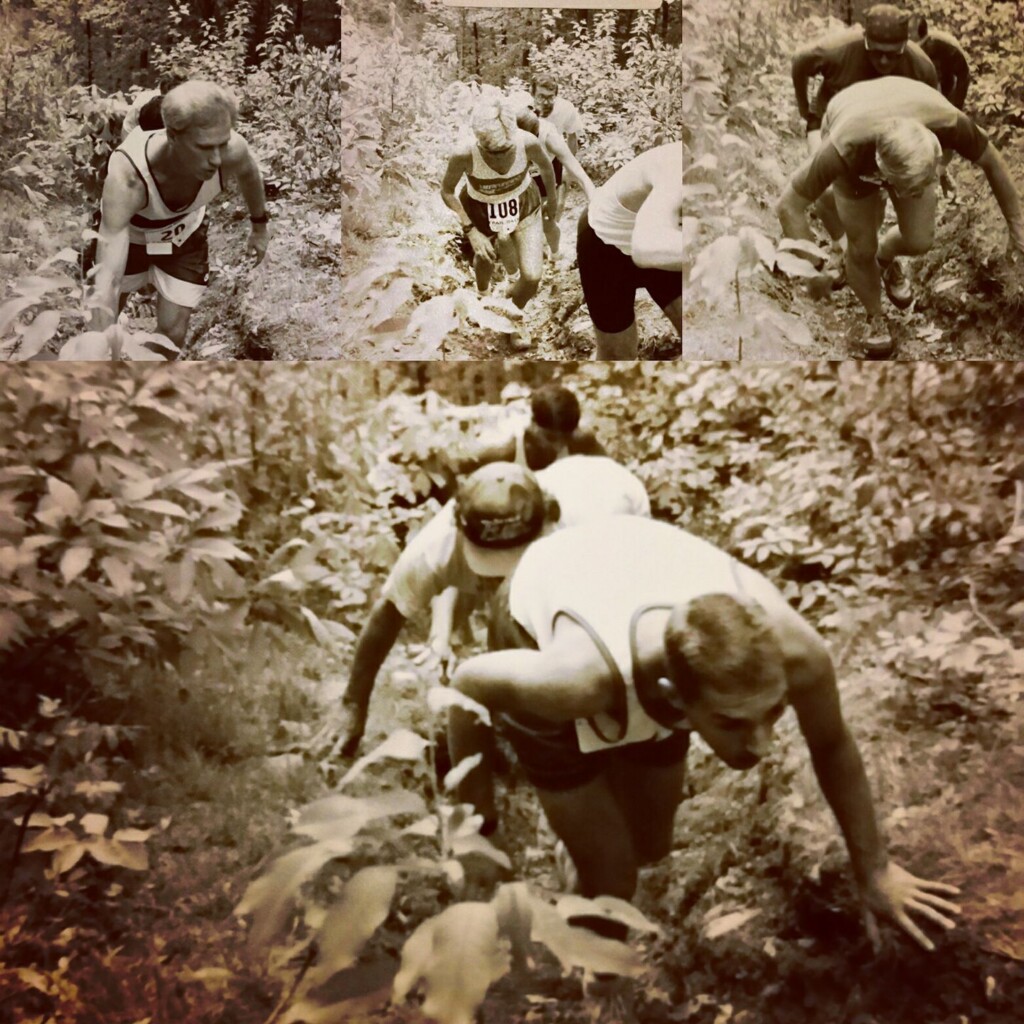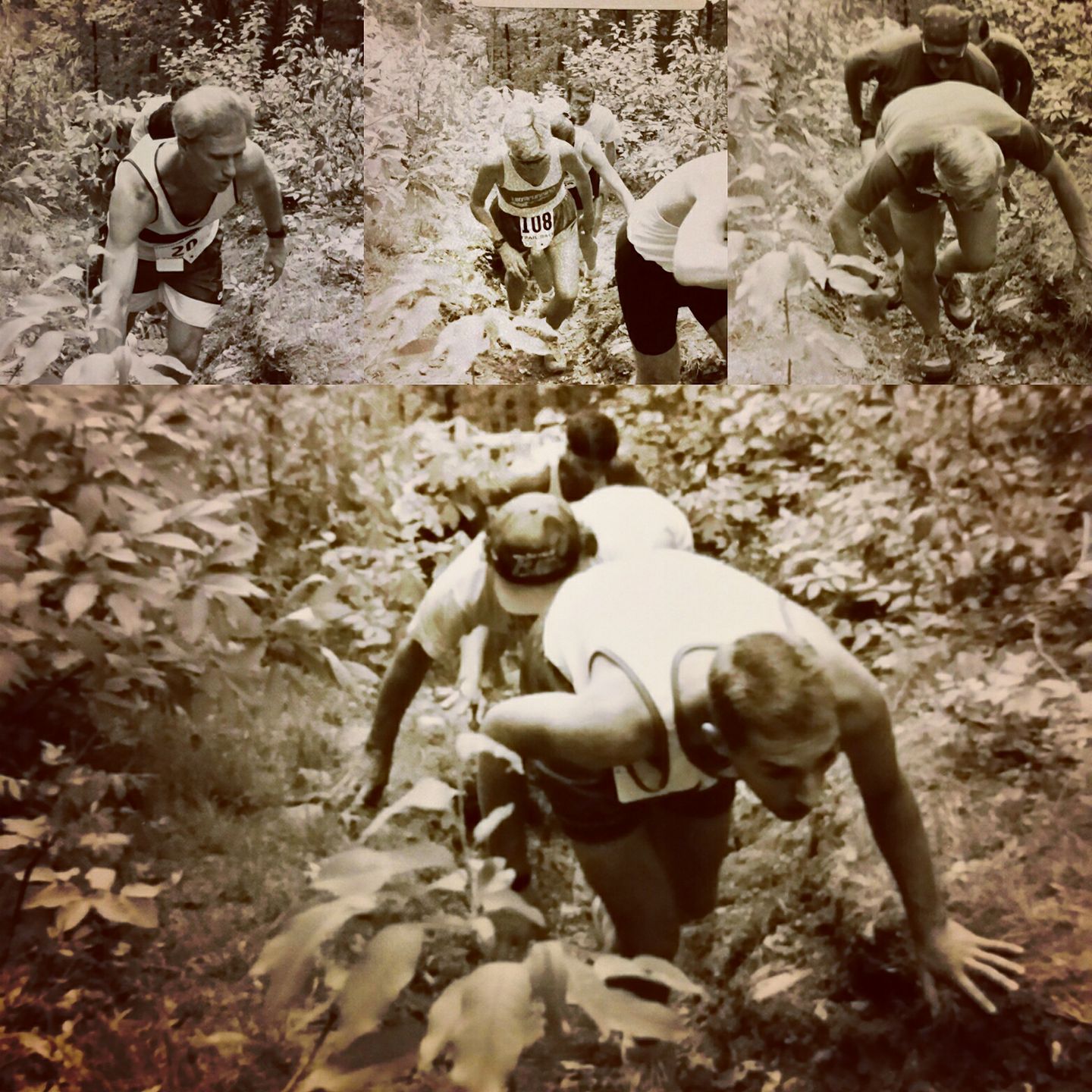The Aid Station: Nutrition for Injury Rehabilitation
Being an athlete, you know that injuries are inevitable. Sooner or later we all get one. So, what happens to the body when you are injured and how should you amp up your recovery?

How Does your body react when it is injured?
When an area of the body is injured an inflammatory response is set off. Although, inflammation is a crucial part of the body’s natural healing process, it creates a significant challenge for your immune system. Your immune system is heavily dependent on lots of nutrients, vitamins, and minerals to provide effective protection.
When you are injured, the body triggers the immune system to begin the healing process. Cells travel to the site of the injury, some cells destroying infection and others isolating the affected area. Healthy cells nearby to the injury also become more active, using extra oxygen and energy to repair the damaged tissue. Healthy nutrition during these healing process is imperative.
Don’t Cut back on your Calories
Post injury rehab/recovery can require up to 20 percent more calories. Rehabbing an injury requires energy to heal your muscles, bones, ligaments, and tendons. I know most of us athletes immediately worry about weight gain from the decrease in activity levels; however, you will still be performing daily exercises to rehab your injury.
Eating nutrient dense food should be the first in nutritional care. If you decrease your calories this will accelerate muscle loss especially during your duration of immobility. Additionally, reducing your protein levels will lead to loss of muscle mass maintenance.
Eat More Protein
When you’re injured you lose muscle mass in the immobilized area and because of the overall decreased training. Immobilization decreases your muscle’s ability to absorb amino acids which aid with muscle’s growth and repair. It is recommended to eat a high protein diet by consuming 20-35 grams of quality protein every 3 to 4 hours throughout the day. During the repair phase, you may need double the amount of protein you previously ate spread throughout your several daily meals.
Select the Right Carbs
The increase in protein doesn’t mean you should avoid eating carbs. Choose carbs that help promote healing. Carbs such as whole grains, fruits, and vegetables contain important antioxidants and nutrients for your body. They also contain dietary fiber. All of these are important for your recovery. Again, be careful choosing which carbs to eat. Eating heavily processed carbs increases inflammation in the body.
It is reasonable to replace some of the carbs you would normally consume to fit in your protein increase. Balance is important during these times of recovery.
Add some Collagen
Unlike your muscles, tendons and ligaments get nourished with little blood flow to provide nutrients. Consuming a collagen supplement 30 to 60 minutes before exercise promotes collagen-building amino acids to tend to the damaged tissue. This can help promote healing.
Calcium and Vitamin D
Calcium is important for bone strength; however, it also helps the brain signal nerves and contract muscles properly.
Vitamin-D enhances the body’s ability to absorb and process calcium for recovery. Vitamin-D is one of the best methods for natural pain management.
If you have become injured, it is time to start thinking about your nutrition plan. How can you use food to promote healing? Knowing how to fuel your body while rehabbing an injury is a major step to getting you back to your running routine.
Add Comment
You must be logged in to post a comment.







